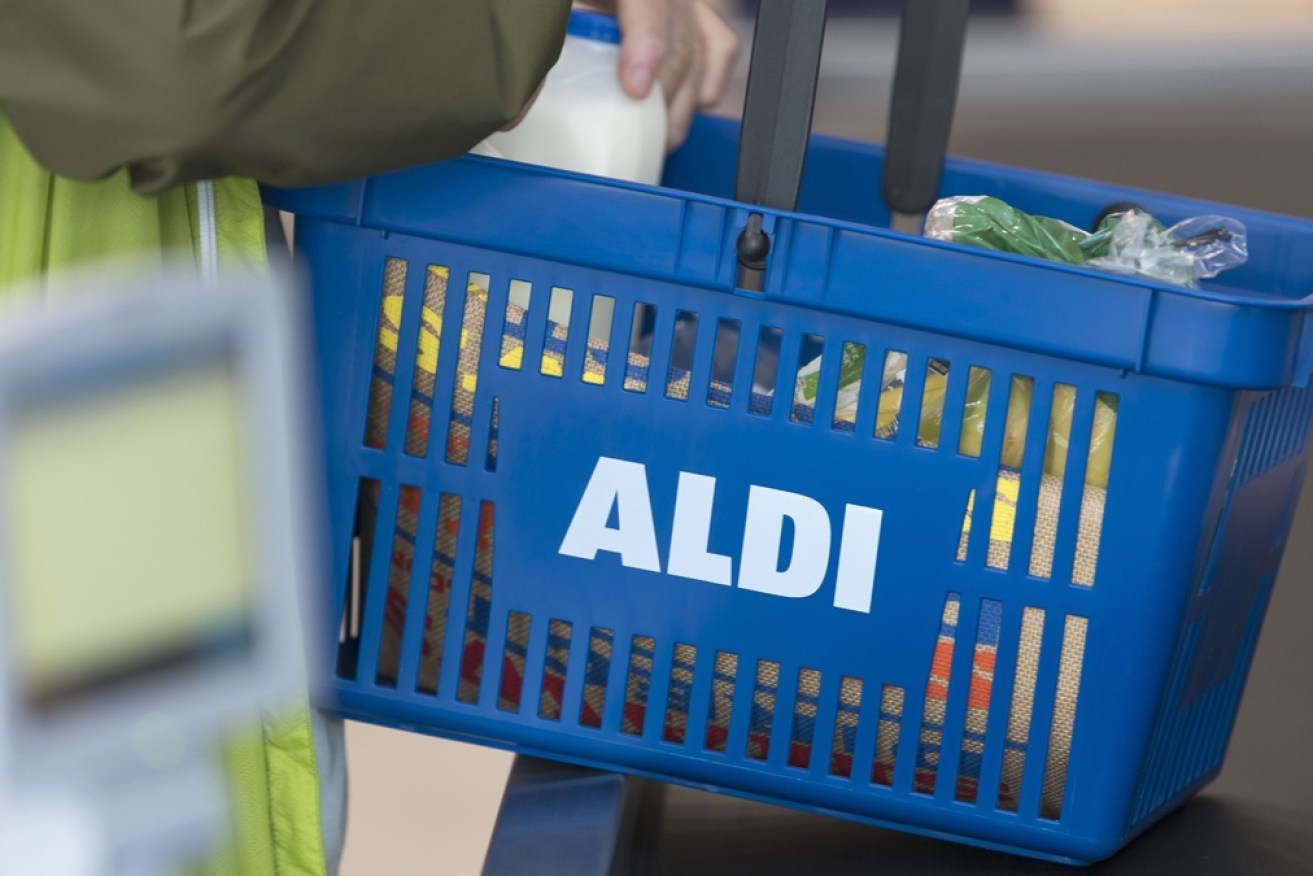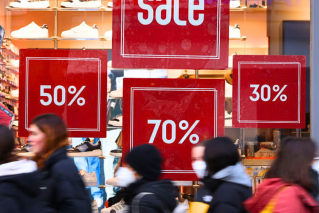Aldi US has big sustainability plans: How does Aldi Australia compare?


Aldi US is making big promises about future sustainability. Photo: Getty
Aldi is planning rapid growth in the US, while downplaying environmental impact fears with promises of improved sustainability measures.
The German supermarket giant already has 2387 stores stateside, and is planning to open a further 800 by the end of the decade.
This expansion will inevitably increase Aldi’s environmental footprint, due to factors such as electricity and transport of stock, but the company says it already has plans in place to reduce emissions and waste.
It is unclear whether Aldi Australia will follow its US sibling step for step, but the local division has committed to various environmentally-friendly goals and changes.
What are Aldi’s sustainability plans in the US?
Aldi director of sustainability Emily Wiora told Supermarket News the supermarket had already cut almost 50 tonnes of plastic from circulation annually by removing see-through plastic windows in private-label pasta packaging.
Environmentally-friendly refrigeration systems have been deployed at more than 700 Aldi US stores, with the company committed to using natural refrigerants in all new and existing stores by 2035.
Aldi US bosses also say they are more open to longer-term deals with suppliers so the latter feels more comfortable to invest in facilities and technology.
What are the plans for Australia?
In Australia, Aldi’s growth is unlikely to ever match the size seen in the US, which offers a much bigger market.
Aldi Australia operates more than 570 stores across the country, and the company wants to hit 600, but expansion has slowed in recent years.
The supermarket chain has blamed lack of development sites in catchment areas and shortages of distribution centres and refrigerated storage space for the slowed progress.
Aldi Australia did not confirm whether it would be taking the same sustainability measures to which the US side has committed.
But the company’s 2023 Sustainability Progress Report does give some insight into what has already been done, and what is still on the cards.

Aldi is among supermarkets that have replaced plastic bags with paper. Photo: Getty
The supermarket giant has already achieved powering its stores, warehouses and offices with 100 per cent renewable electricity.
This included operational emissions dropping by 90 per cent in 2022 compared to 2021, according to Aldi Australia.
The company says it is on track to reduce plastic packaging by 25 per cent and make its Aldi exclusive brand packaging entirely recyclable by the end of 2025.
Aldi reported its 2022 trial of adding doors to chillers across select New South Wales stores showed early results of reducing refrigeration energy usage by about 30 per cent.
As a result, the trial was extended to select stores across Victoria, Queensland and Western Australia.
Despite its success, Aldi has not phased out “problematic and unnecessary” single-use plastics such as plastic disposable tableware and plastic-stemmed cotton buds as it had intended to do by the end of 2020.
Its goal to use the Australasian Recycling Label on Aldi-branded products by the end of 2022 has also not been met.
A reported released last year by the Australian Marine Conservation Society and Boomerang Alliance found Australia’s supermarkets were not doing enough to cut plastic use to meet national targets, although Aldi ranked better than Coles and Woolworths.








